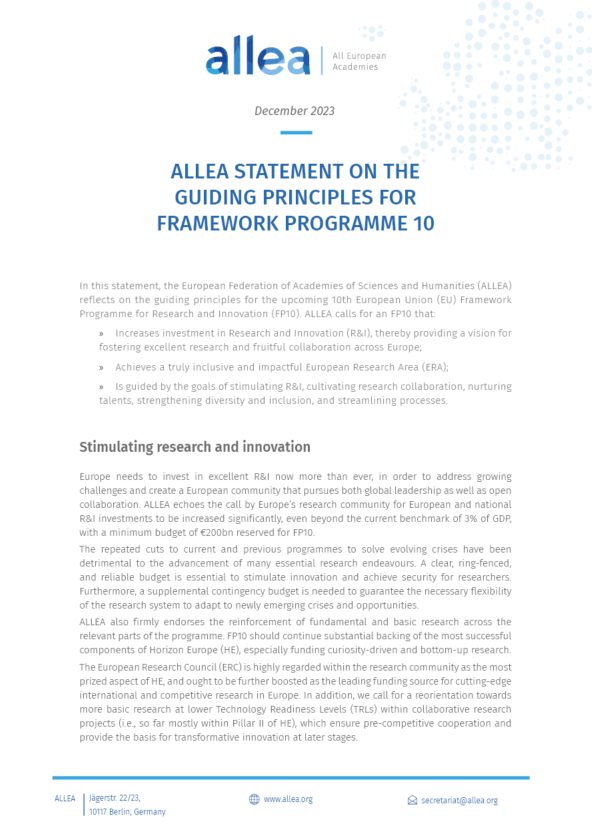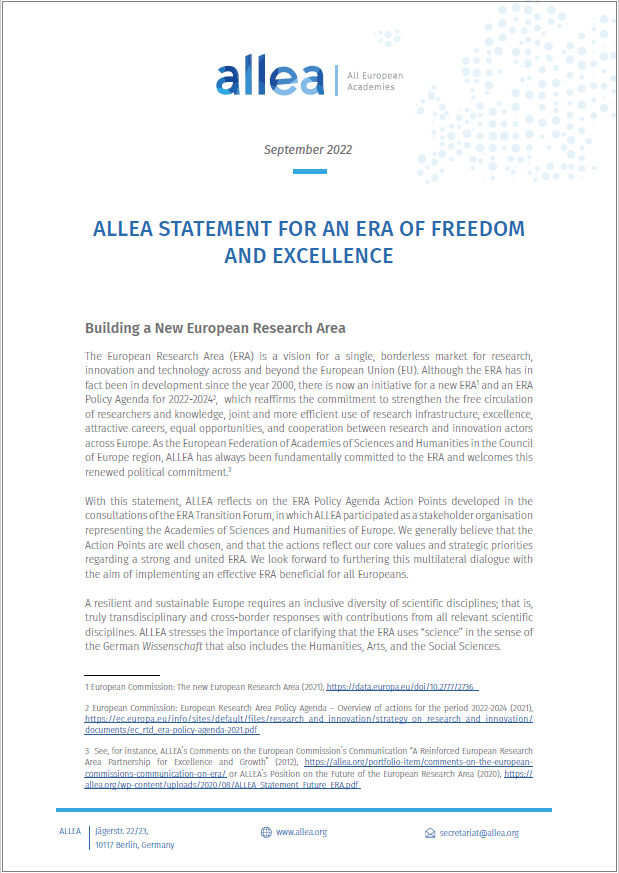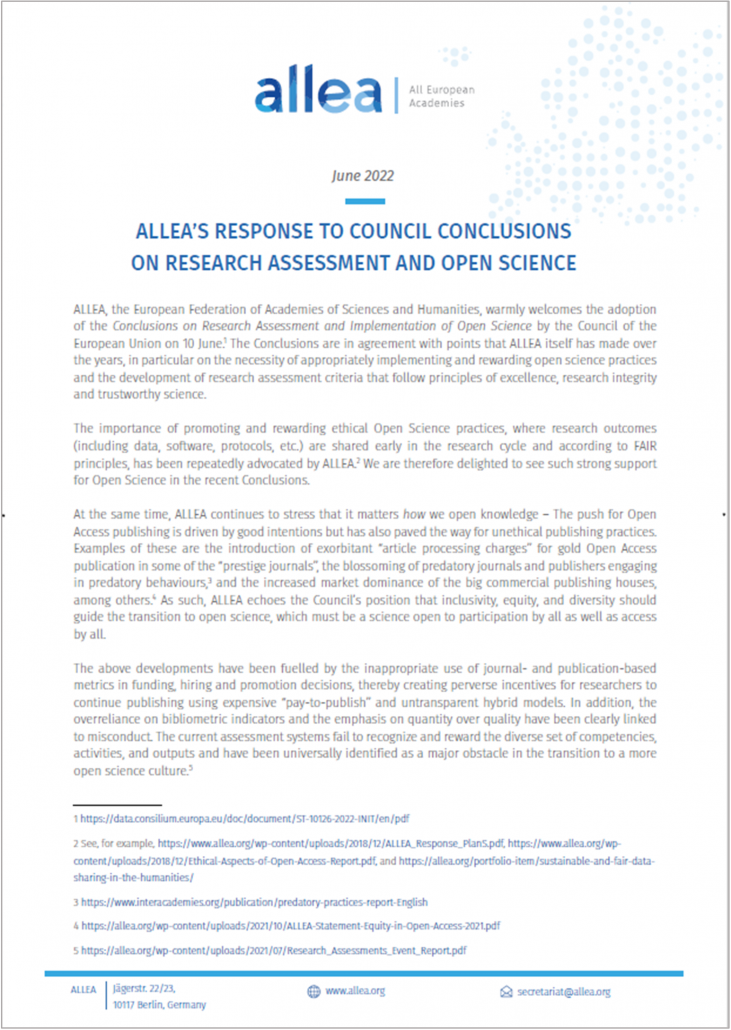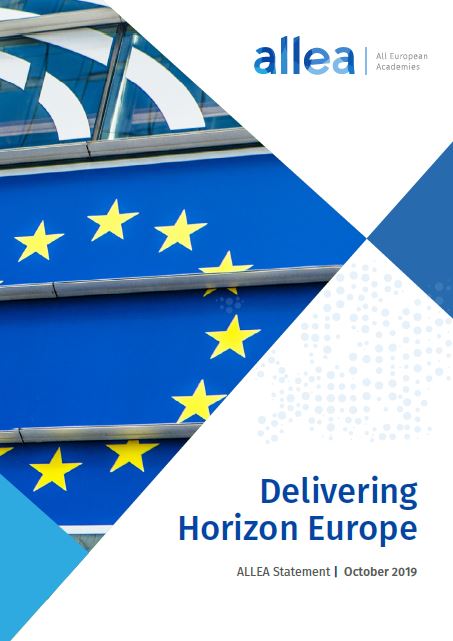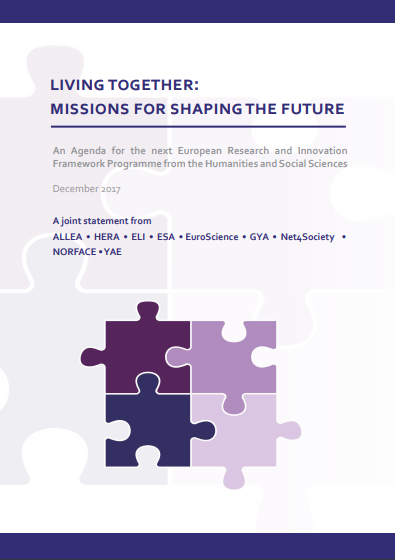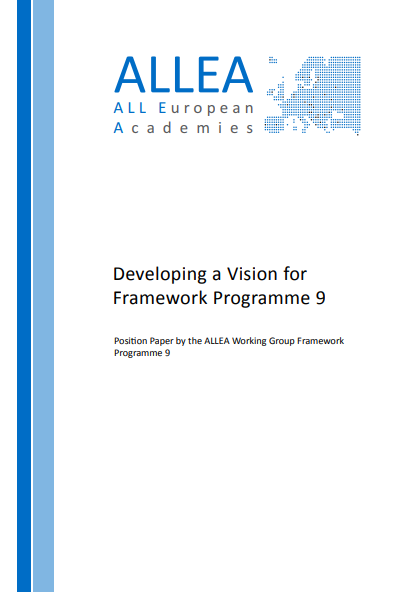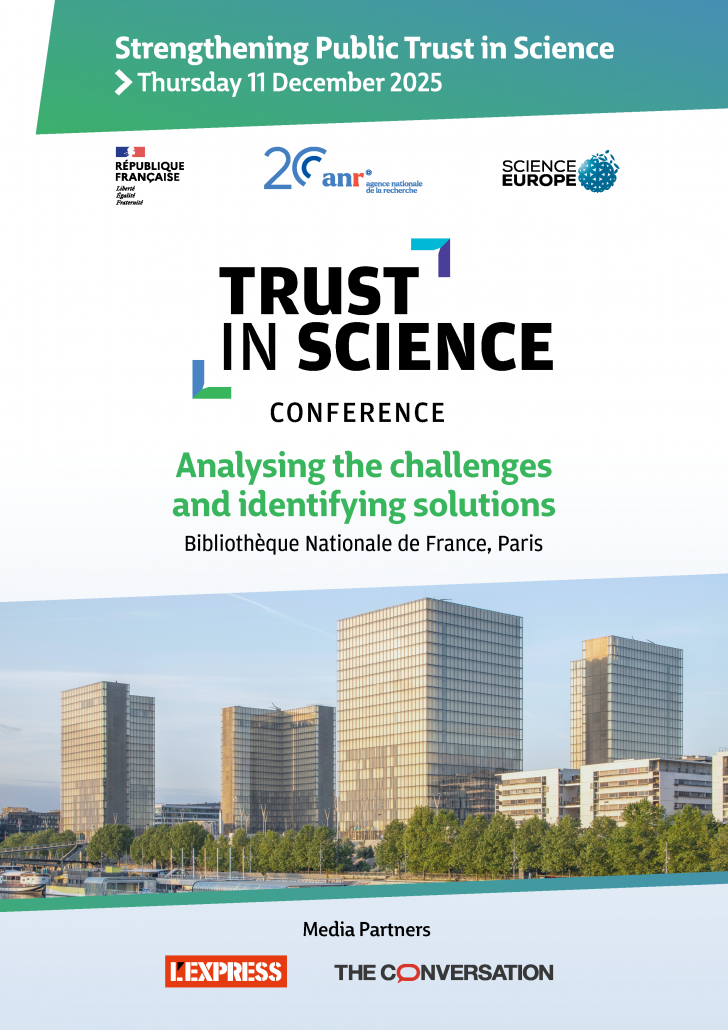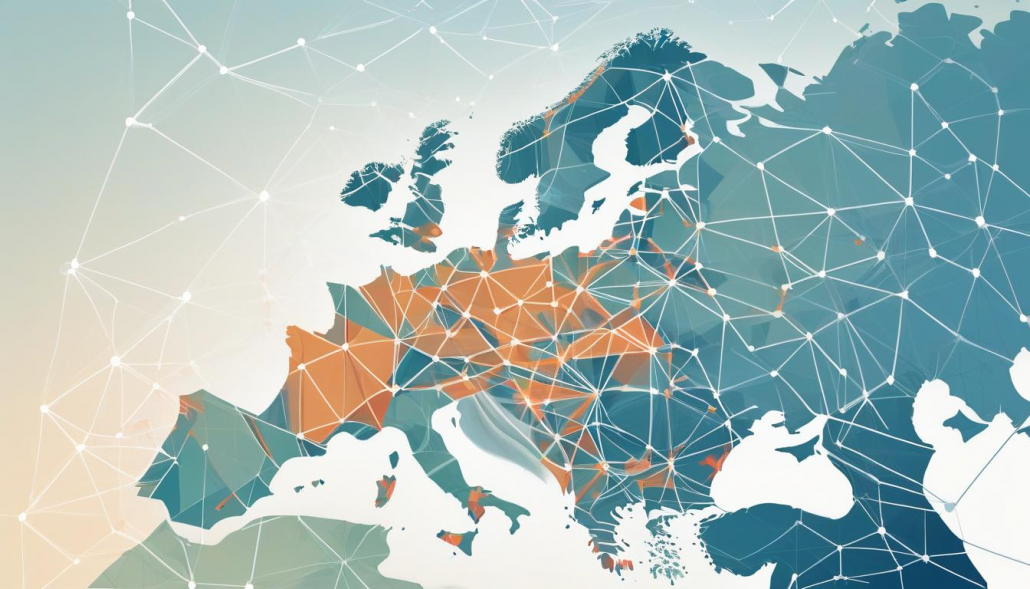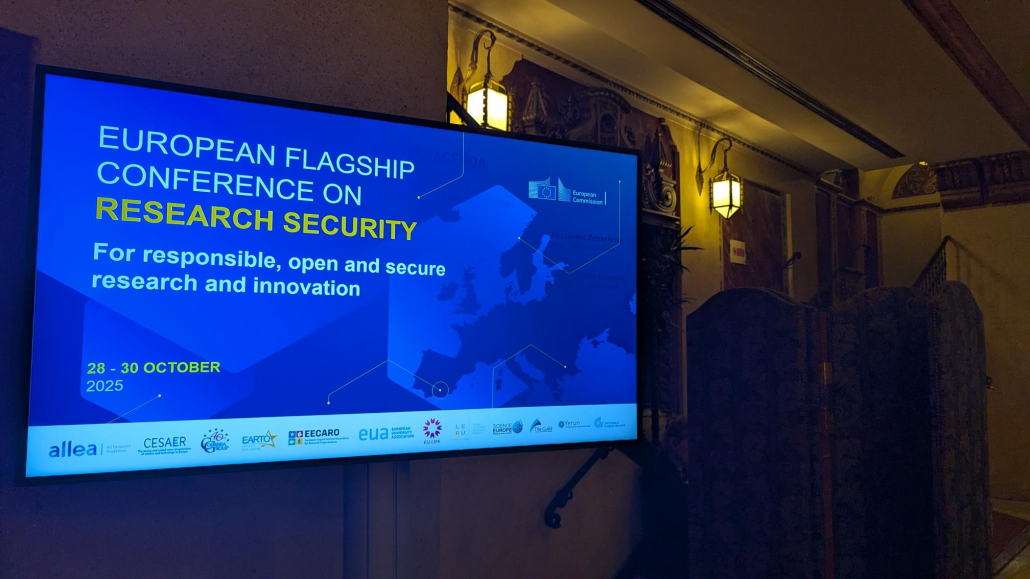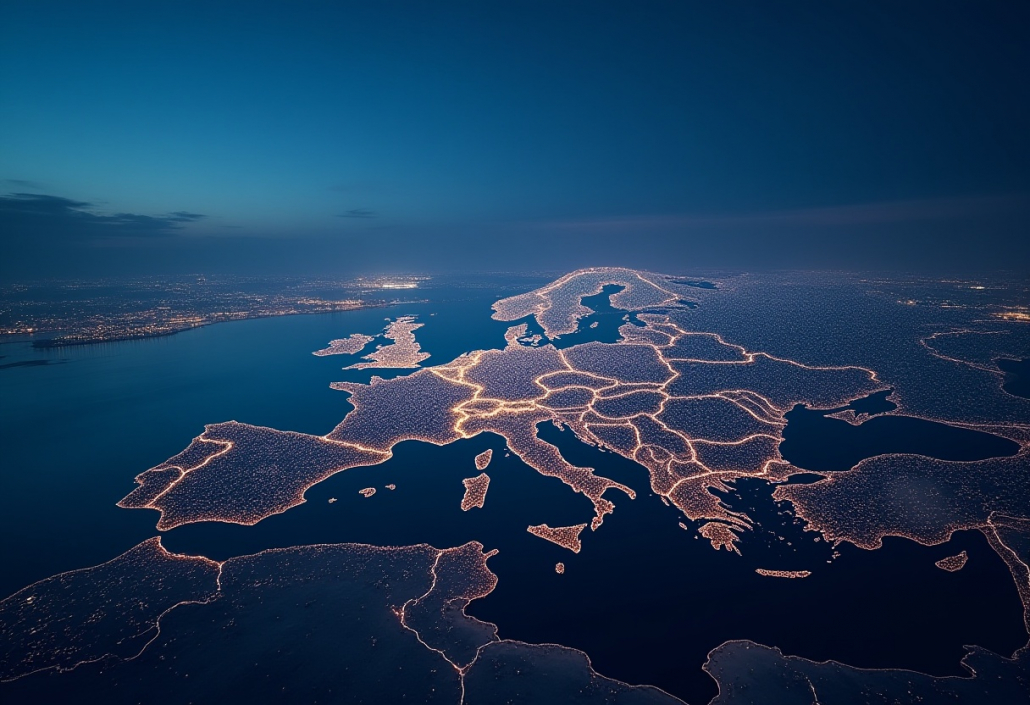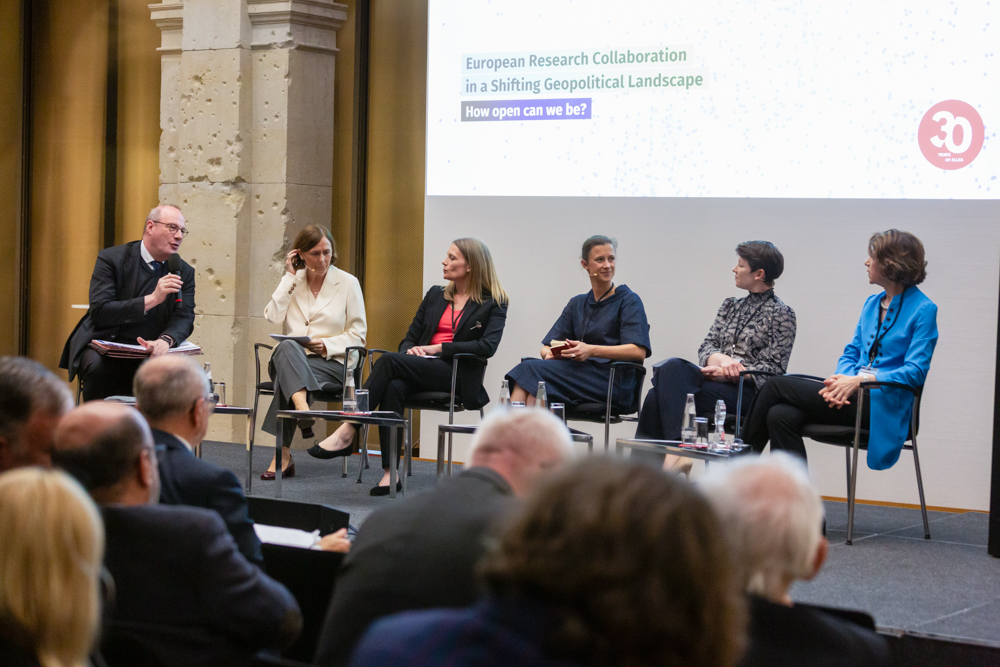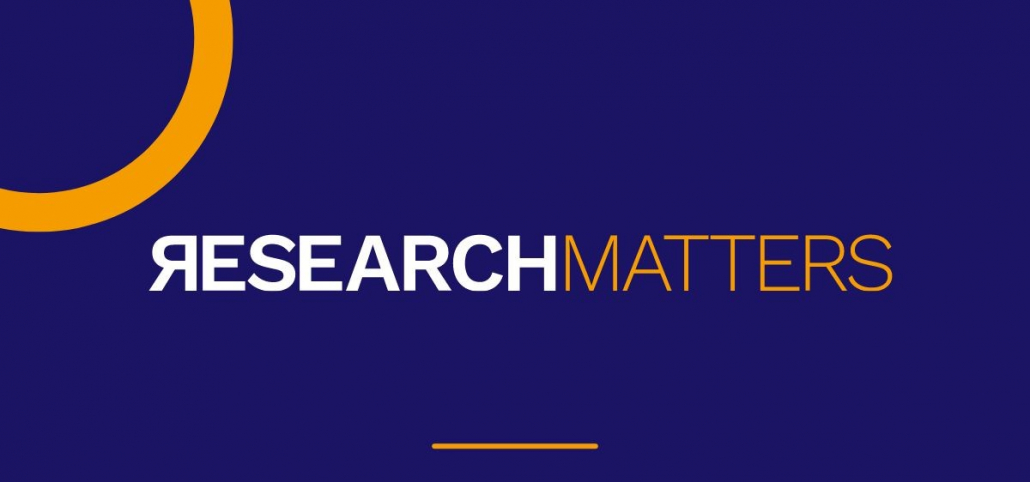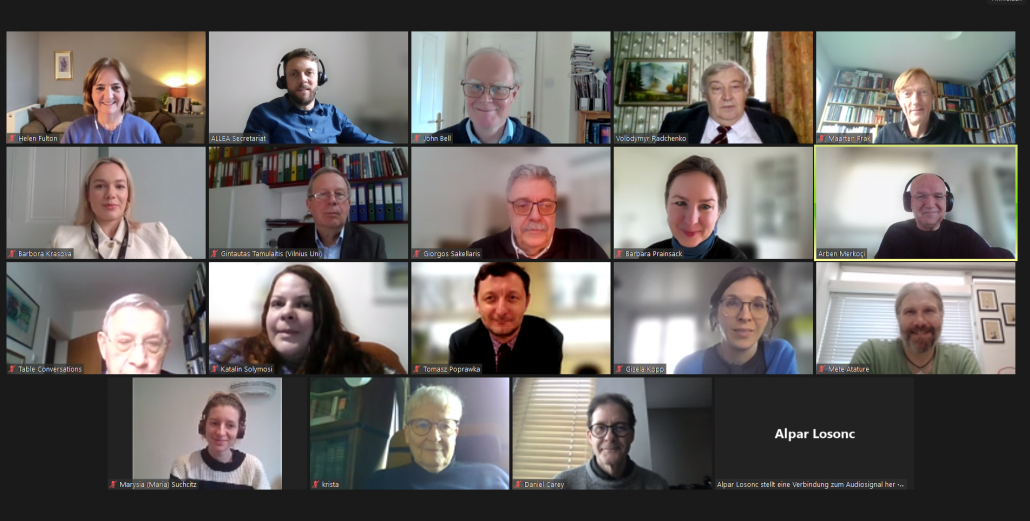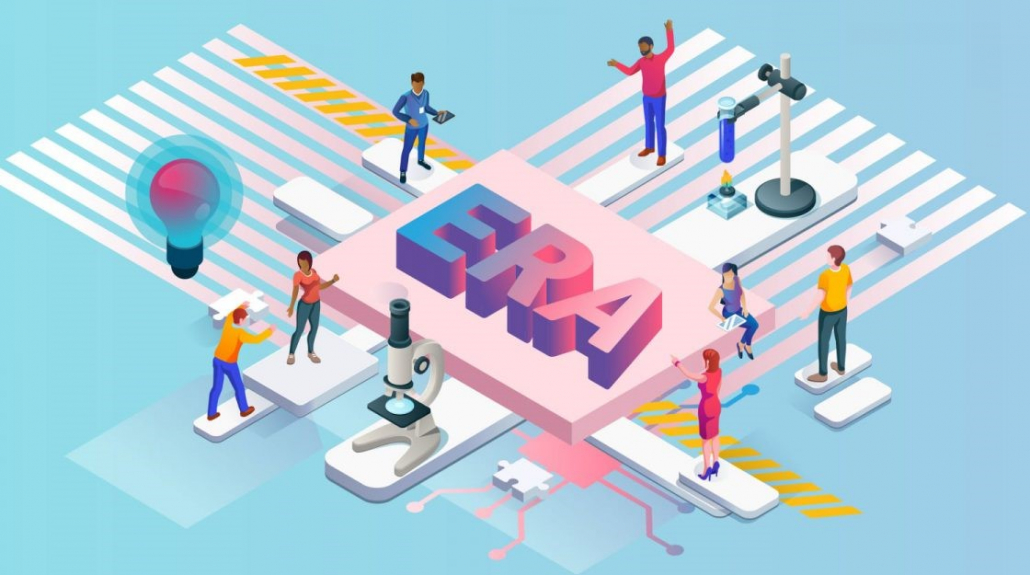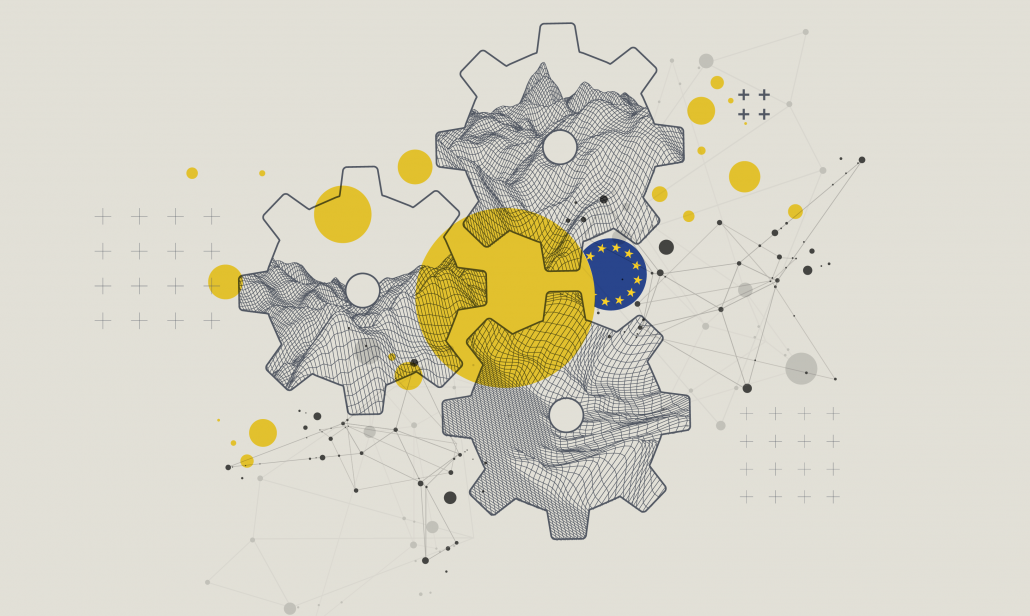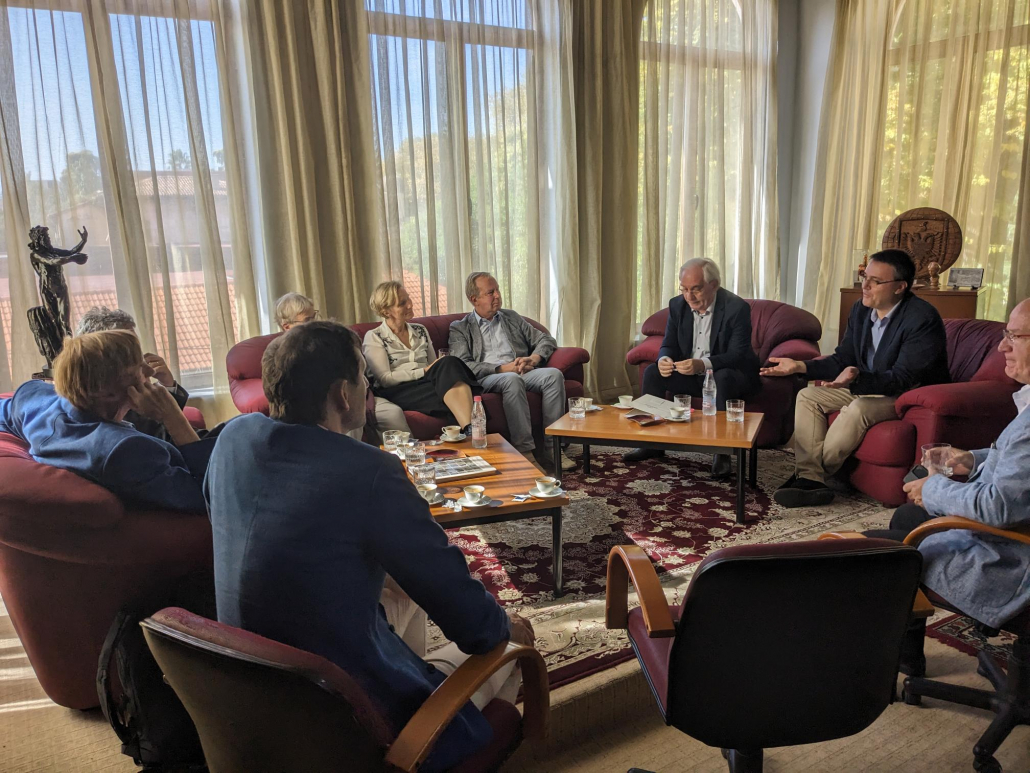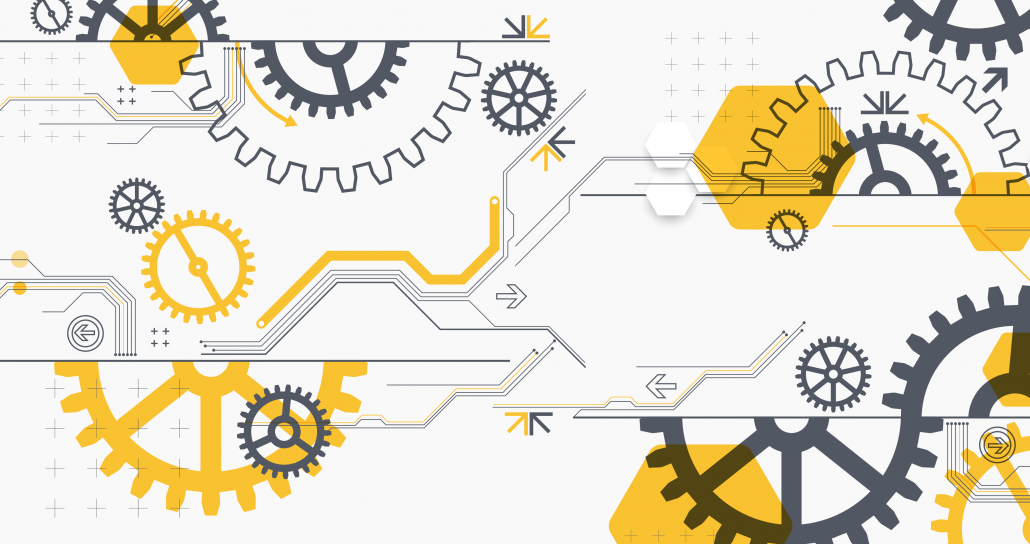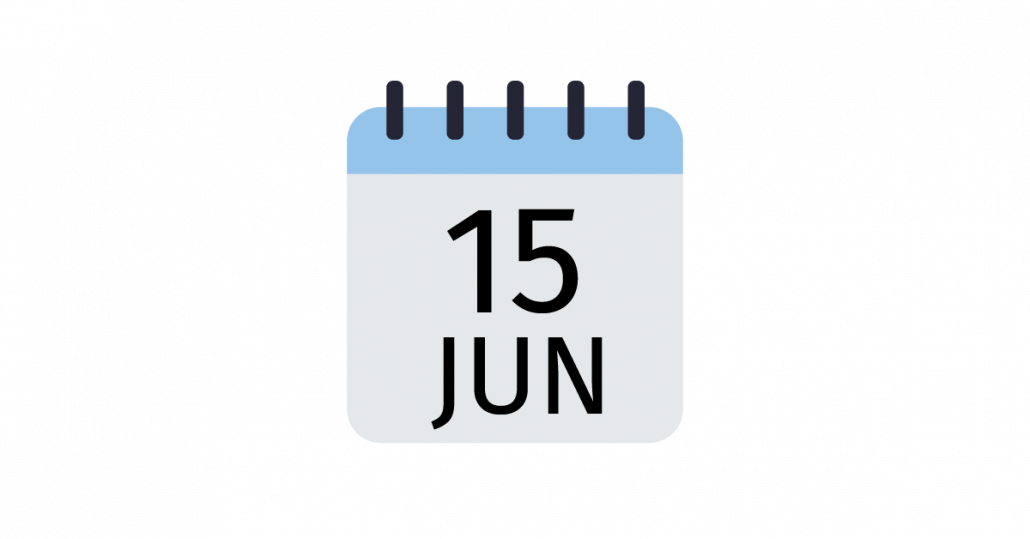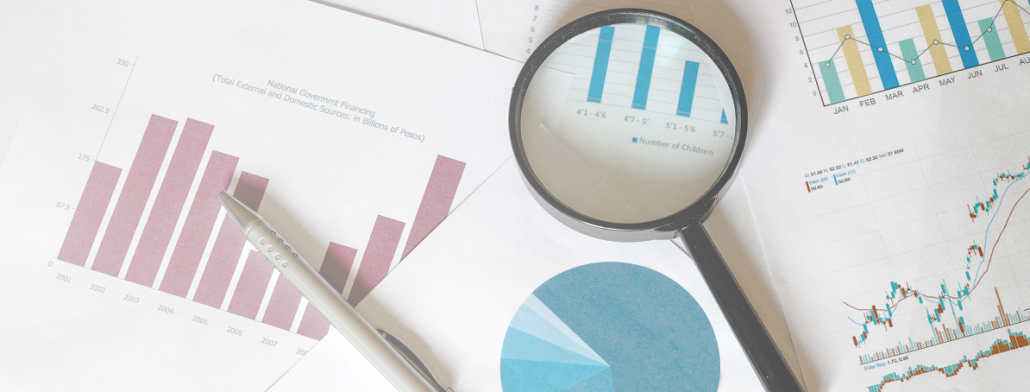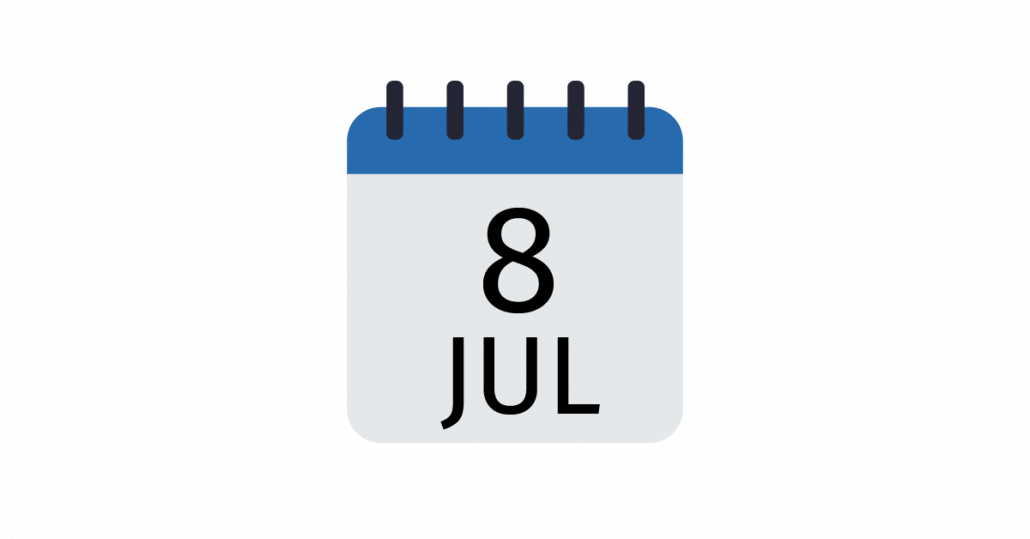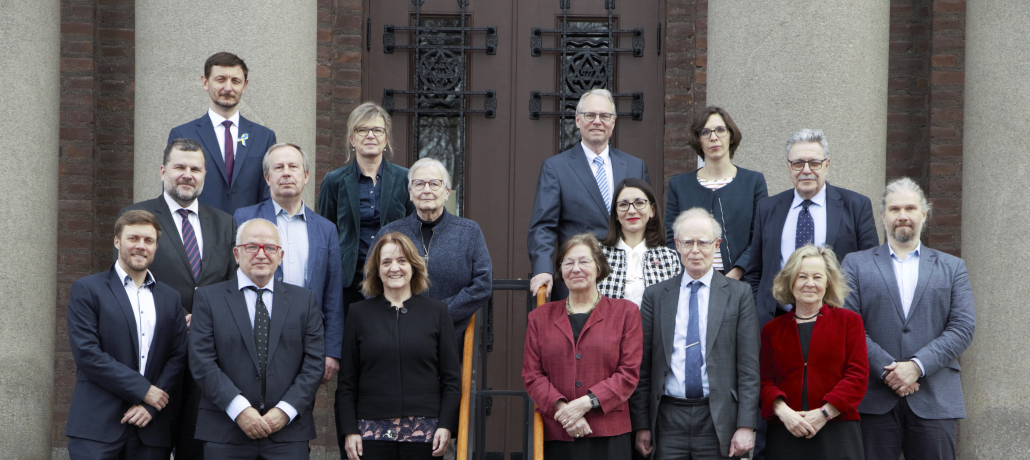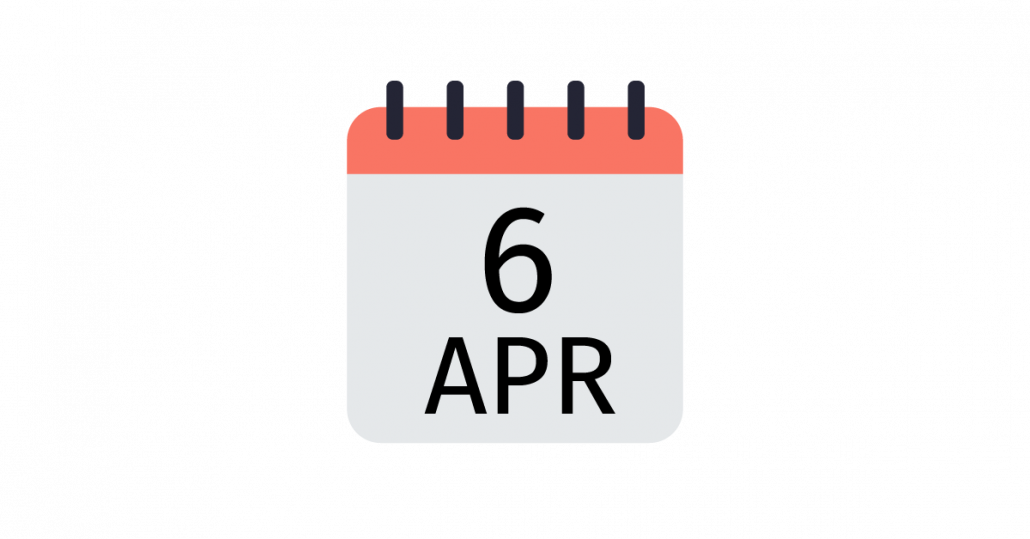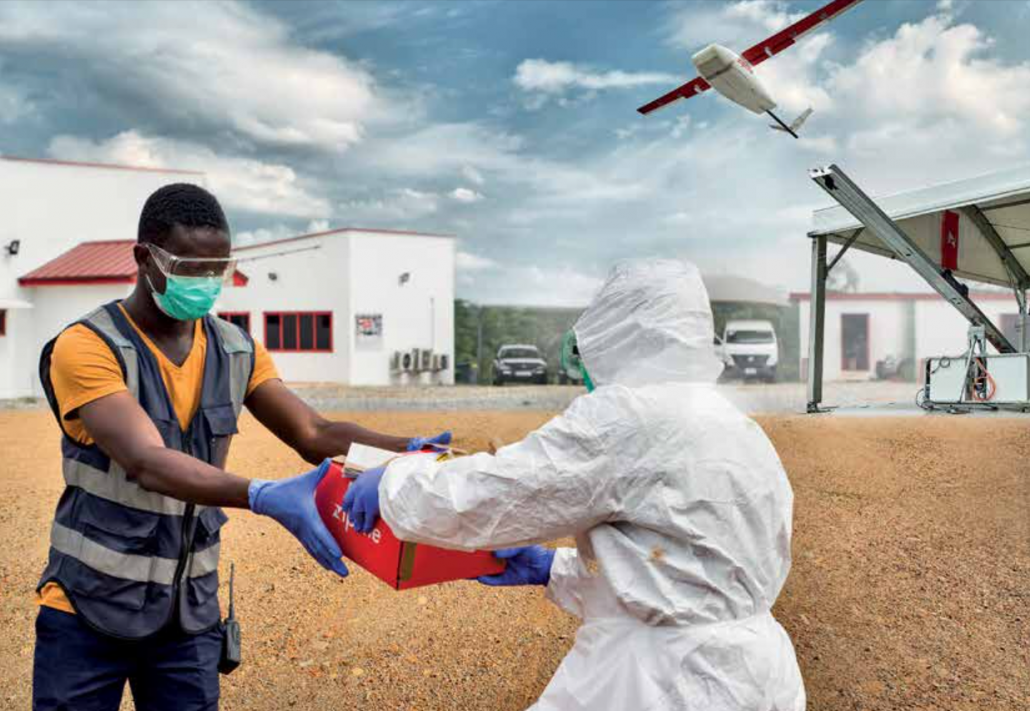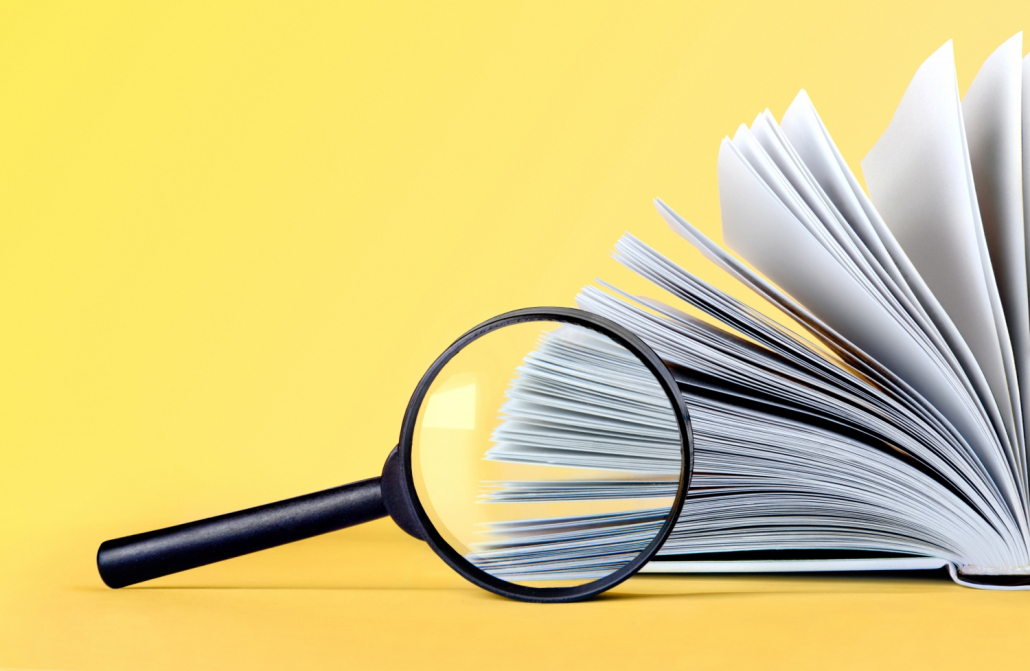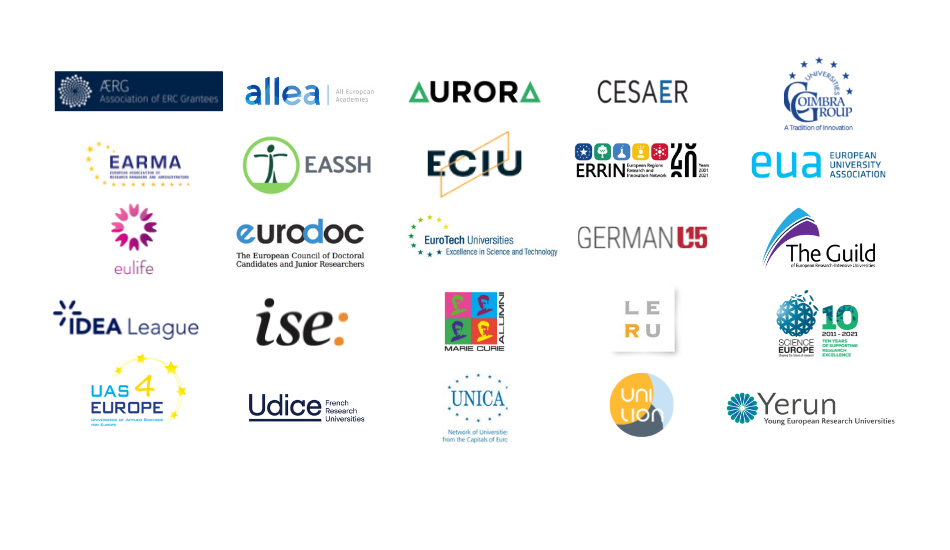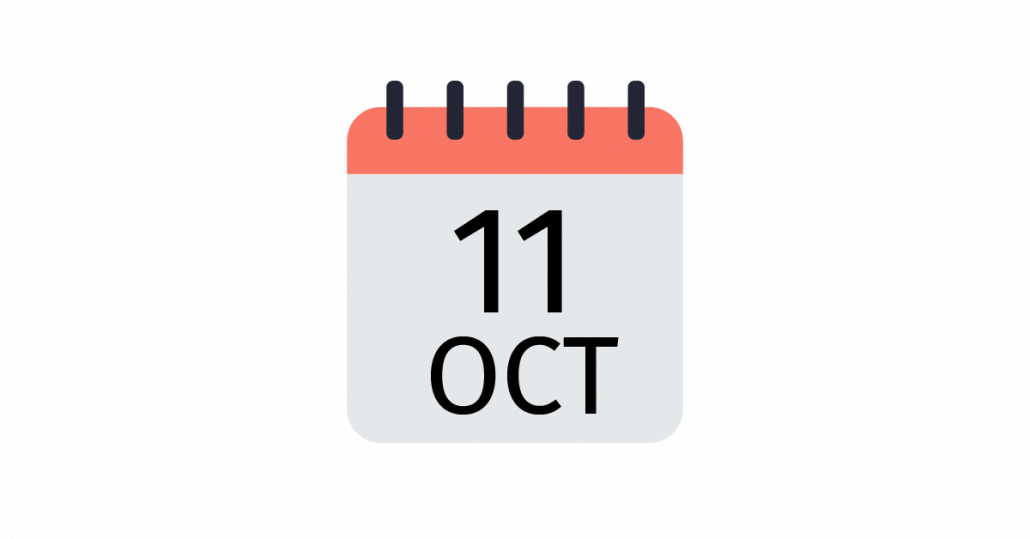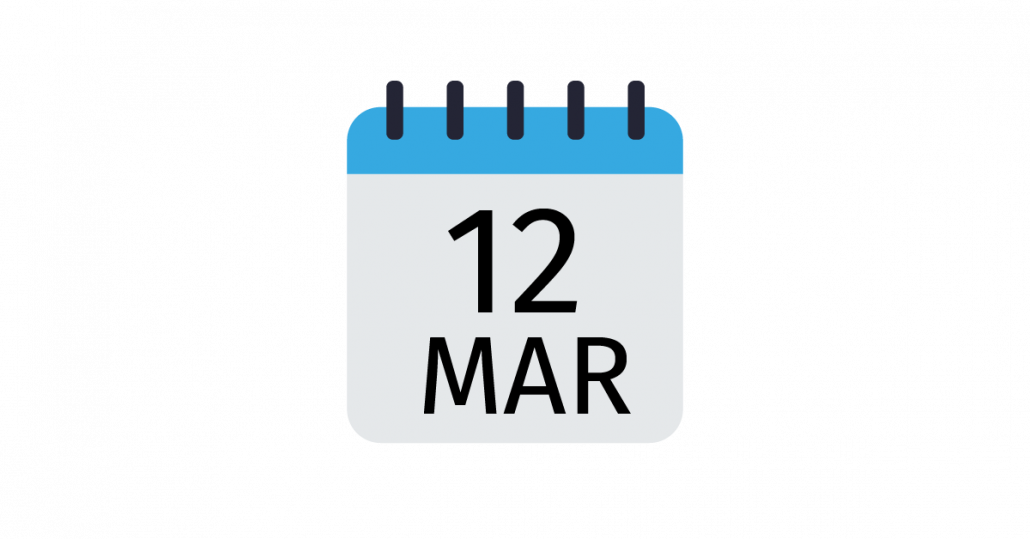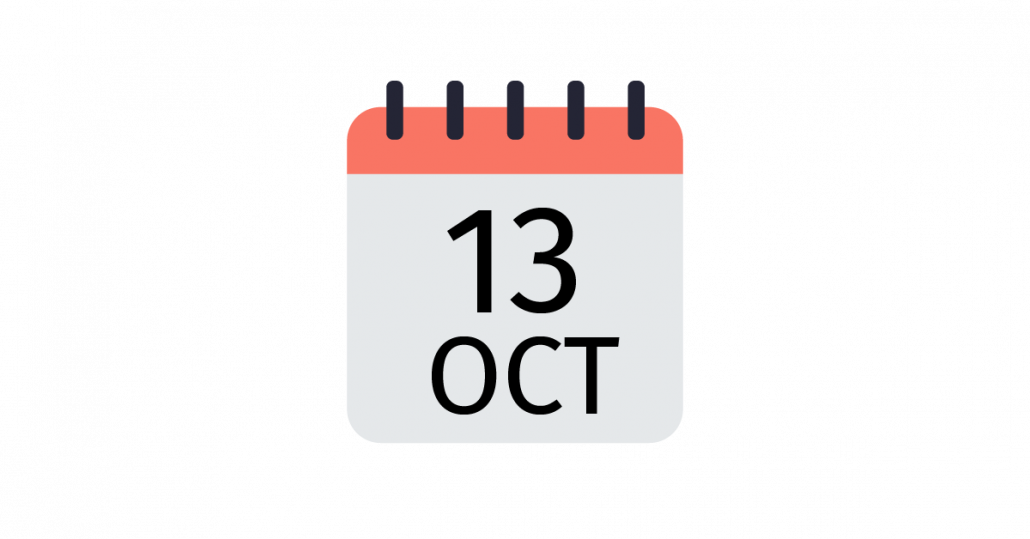European Research Area
The European Research Area (ERA) is a vision for a single, borderless market for research, innovation, and technology across the EU. It enhances the coordination of EU research efforts, boosting the circulation of researchers and knowledge, building critical mass, and promoting excellence. Although the ERA has been in development since 2000, the European Commission injected the ambition with a new lease of life in 2020. This initiative led to a new ERA governance framework shaped by the Pact for Research and Innovation (R&I) in Europe and the ERA Policy Agenda.
ERA Forum for Transition
The ERA Policy Agenda and its effective implementation are coordinated in the ERA Forum for Transition, composed of Member States representatives as well as one representative from each EEA/EFTA Country, and representatives of European R&I stakeholder groups. As one of the stakeholder groups, ALLEA officially represents all European academies and supports the European Commission and the Member States in delivering the ERA Policy Agenda Actions, which cover a wide range of ALLEA’s activities and priorities including Open Science, research assessment, academic freedom, research integrity, international cooperation, trust in science, citizen engagement, diversity and equality, climate sustainability, and many more.
ALLEA Working Group on the European Research Area
The ALLEA Working Group on the ERA (WG ERA) contributed to the further development of the ERA, its political framework, implementation and monitoring. The breadth of expertise and geographical representation of the group’s membership aptly reflected the heterogeneity of the ERA itself. Under the chairpersonship of Professor Arben Merkoçi of the Academy of Sciences of Albania, the working group engaged with European institutions, particularly the European Commission, and collaborated with like-minded umbrella organisations from the European research and innovation landscape. As part of this mission, the WG ERA contributed to the design and evaluation of the European Framework Programmes for R&I, and advocated for the best framework conditions for excellent research in Europe and the world.
Following the conclusion of the restructuring of ALLEA’s science policy activities in September 2025, the newly established Science Policy Standing Committee, Task Forces, and Research Ethics and Integrity Council have taken forward a number of activities from the previous structure.
Members of the Working Group
- Professor Arben Merkoçi, Academy of Sciences of Albania (Chair)
- Professor Mete Atature, Bilim Akademisi (Turkey)
- Professor Daniel Carey, Royal Irish Academy
- Professor Helen Fulton, Learned Society of Wales
- Professor Hans Petter Graver, Norwegian Academy of Science and Letters
- Dr Arthur Ishkhanyan, National Academy of Sciences, Republic of Armenia
- Dr Gisela Kopp, Die Junge Akademie (Germany)
- Professor Alpár Losonc, Serbian Academy of Sciences
- Professor Marie Louise Bech Nosch, Royal Danish Academy of Sciences and Letters
- Professor Simona Pekarek Doehler, Swiss Academies of Arts and Sciences
- Dr Tomasz Poprawka, Polish Academy of Sciences
- Professor Maarten Prak, KNAW (Netherlands)
- Professor Barbara Prainsack, Austrian Academy of Sciences
- Professor Volodymyr Radchenko, National Academy of Sciences of Ukraine
- Dr George Sakellaris, Czech Academy of Sciences
- Professor Roberto Scazzieri, Accademia Nationale dei Lincei (Italy)
- Dr Katalin Solymosi, Hungarian Academy of Sciences
- Professor Emilija Stojmenova Duh, Global Young Academy
- Professor Birgitta Svensson, Royal Swedish Academy of Letters, History and Antiquities
- Professor Gintautas Tamulaitis, Lithuanian Academy of Sciences
- Professor Miloš Trifković, Academy of Sciences and Arts of Bosnia and Herzegovina
- Professor Krista Varantola, Council of Finnish Academies
ALLEA Contact Person
Daniel Kaiser
Scientific Policy Officer
kaiser@allea.org



